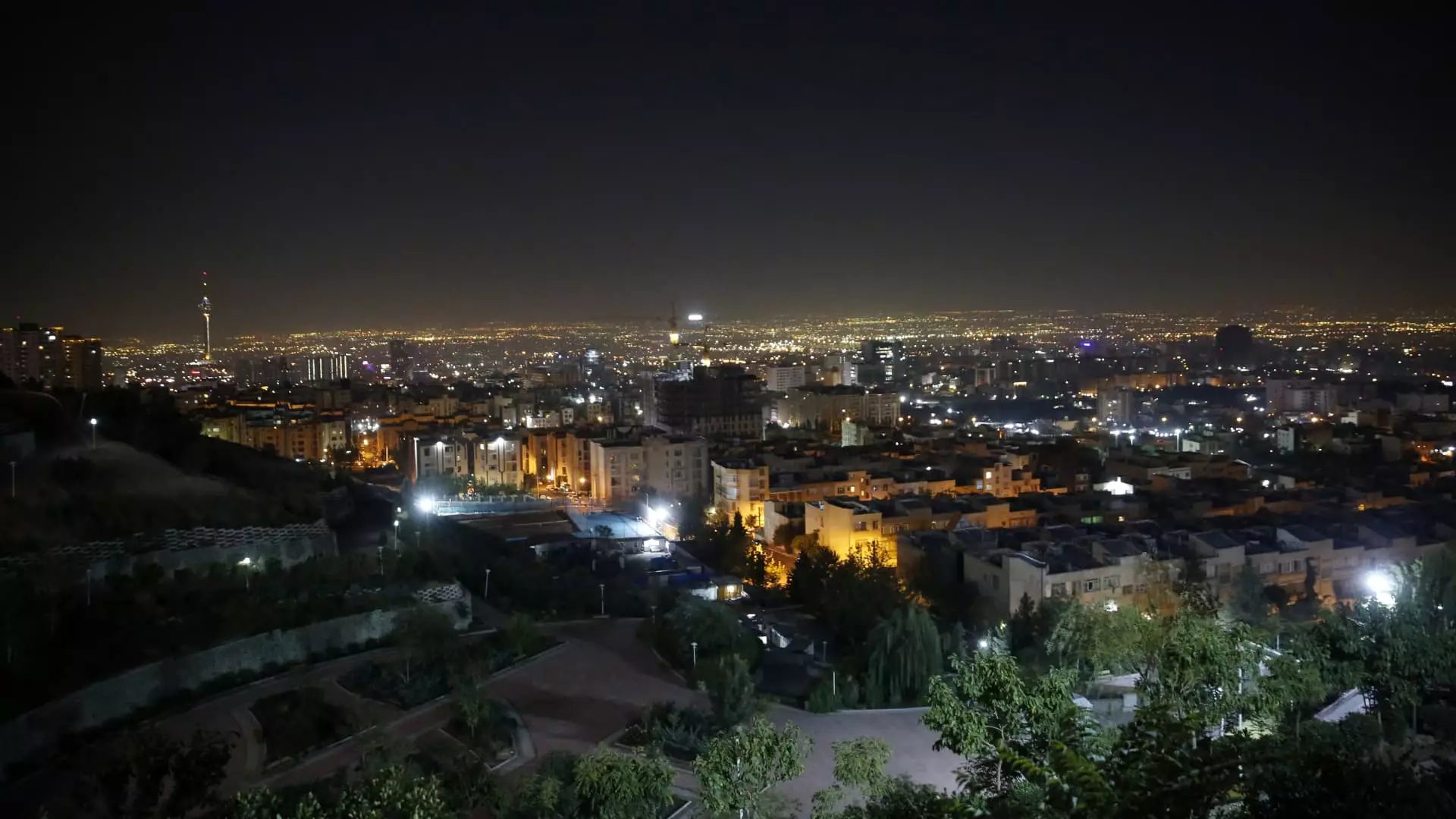The longstanding enmity between Israel and Iran has entered a precarious new phase, critiqued against the backdrop of recent military actions. On a fateful Saturday morning, Israel targeted military sites across Iran in apparent retaliation for an earlier attack attributed to Iranian forces. However, this strategic move notably avoided key Iranian oil and nuclear infrastructures, making it clear that Israel’s objectives were tempered by international calls for restraint. This calculated move has left many observers wondering: what are the implications for regional stability and the future of Israel and Iran’s multifaceted rivalry?
In its military operation, Israel deployed multiple waves of airstrikes—reportedly involving scores of fighter jets—to target facilities linked to missile production and deployment. The impact of these attacks resulted in two Iranian soldiers killed and some infrastructure suffering what was described as “limited damage.” Iranian authorities quickly asserted that their air defenses had successfully countered the strikes. Nevertheless, the situation remains fraught with tension, as Iranian media promised a “proportional reaction” to any aggression from Israel. This exchange of retaliatory threats underscores the volatility inherent in this ongoing conflict.
The recent strikes are part of a broader context of escalating hostilities, sparked initially by an attack from Hamas on Israel on October 7, 2023. This event transformed the geopolitical landscape, igniting fears of a larger conflict that could consume the entire region. The precarious situation has been further complicated by Iran’s reported launch of ballistic missiles aimed at Israeli targets, contributing to a cycle of aggression that has raised alarms both locally and internationally.
The Role of Regional Politics
Current events have severely strained not just Israel-Iran relations but also regional dynamics involving Lebanon’s Hezbollah, an Iranian ally. Israel’s military focus has increasingly shifted towards neutralizing Hezbollah’s capabilities, intensifying military engagements.
With manifold players in the region, including Saudi Arabia, the U.S., and other Middle Eastern nations, the stakes have become exceedingly high. U.S. President Joe Biden’s emphasis on maintaining restraint illustrates the precarious balance required to avoid spiraling into an uncontrollable conflict that could envelop multiple nations. Saudi Arabia’s condemnation of Israel’s attacks, despite its recent warming towards both Iran and Israel, further reflects the intricate web of alliances and enmities that characterize the region.
Global Reactions and Call for Restraint
Among the responses to the escalated violence, major global powers have urged de-escalation. The Pentagon issued a statement affirming the U.S.’s readiness to protect its allies should tensions rise further. In this diplomatic milieu, Israel’s military strategy seems aimed at signaling strength while simultaneously calibrating for potential backlash. This dual strategy highlights Israel’s thin line between demonstrating military might and curbing outright warfare.
Moreover, the Iranian regime has repeatedly warned of dire consequences should Israeli aggression persist. The Tasnim news agency, a semi-official outlet, echoed this sentiment, affirming Iran’s right to respond forcefully if provoked. Such proclamations illuminate the nationalistic fervor that drives Iranian responses to foreign interventions, a phenomenon that has historical roots and contemporary consequences.
While current engagement has not yet escalated to full-scale war, the specter of further military action looms ominously over both nations. Israel’s operations in Syria, which it has neither confirmed nor denied, further complicate the situation, hinting at a broader strategy targeting Iranian influence across multiple fronts.
The regional framework remains precarious as efforts for a ceasefire in Gaza are simultaneously pursued. Diplomatic talks in Doha could provide a potential avenue to cool tensions, although their success is far from guaranteed, especially with the growing tide of aggression. As negotiators make their way to these discussions, the uncertain response from Iran to Israel’s aerial assaults hangs in the balance, with potential repercussions that could reverberate throughout the fraught landscape of Middle Eastern politics.
The exchanges between Israel and Iran point to an intense geopolitical chess game fraught with risk. Each move can significantly impact the players involved, as well as the tipping points that could spiral the region into broader conflict. As nations worldwide pay close attention, it remains crucial that wise diplomacy prevails over aggression to chart a course towards stability and peace in a chronically volatile environment. The power dynamics at play will undoubtedly continue to intrigue and alarm observers as they unfold.


Leave a Reply